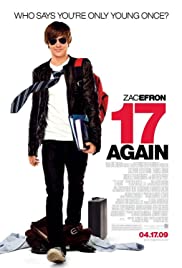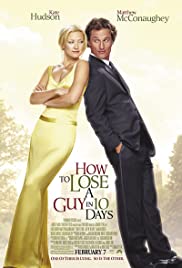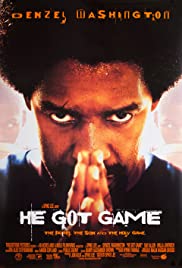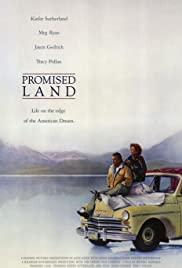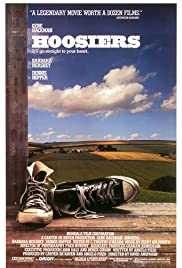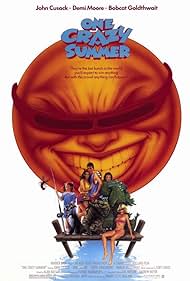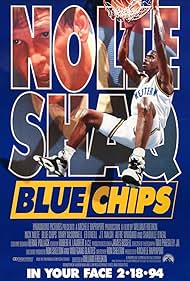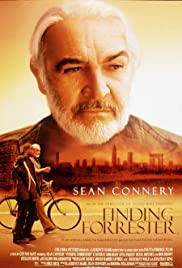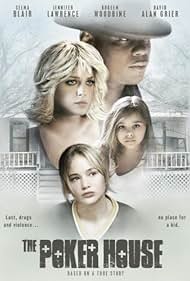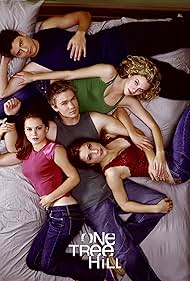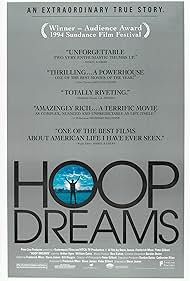More Than a Game Soundtrack (1992)
Synopsis
Neither rain, nor snow, nor gloom of night...can keep these hoops junkies off the asphalt courts. More than a Game is a rollicking and oft-times heartbreaking account of Chicago playground basketball. Featuring NBA stars, local legends and everyday players, MTAG makes for a fascinating companion to Hoop Dreams, which was released that same year. Over the course of three years, filmmakers Joe Angio and Joel Cohen traversed Chicago's playgrounds to find out why so many people - primarily black inner-city dwellers - devoted their lives to basketball. At the time of the film's release, more NBA players came from Chicago than anywhere else; here, we hear from three of the best. Phoenix Suns all-star forward Eddie Johnson recalls how the playground helped him to steer clear of the notorious street gangs that seduced his older brother, a far superior basketball player. Former Utah Jazz all-star guard Rickey Green returns with two childhood friends to the South Side court where they competed against Arthur "the Magician" Sybills, who they all agree is the greatest player they ever saw. Future Atlanta Hawks all-star Glenn "Doc" Rivers - who would go on to coach the Boston Celtics to an NBA title - recounts a particularly transcendent playground game that he still considers the best he's ever played in. Of course, only a select few graduate from the playgrounds to the NBA. More than a Game also reveals the stories of those who didn't make it. To this day, Bernard Harden believes "no one man can stop me," but his NBA dream ended in the minor leagues of Argentina. His bravado barely masks a lingering bitterness. As a high school sophomore in Chicago's highly competitive Public School League, Terry Rucker averaged 40 points a game. He never finished high school. Lamaar "Money" Mondane's NBA dream never came true either, but he at least achieved a modicum of fame when Reebok selected him to appear in a popular advertising campaign on "playground legends." All three continue to compete on the tiny West Side play lot of their youth. And then there are the games themselves, hard-fought and competitive. One player crashes recklessly, headfirst, into a steel support to save a loose ball. A skinny teen soars to slam home a spectacular dunk, a play worthy of any SportsCenter highlight reel. An argument threatens to erupt into chaos when two players refuse to give ground on a foul call. (The instant replay proves inconclusive.) Witnessing this passion and intensity we begin to understand why the game is so important to countless players, young and old. Why, in fact, it is More than a Game.

